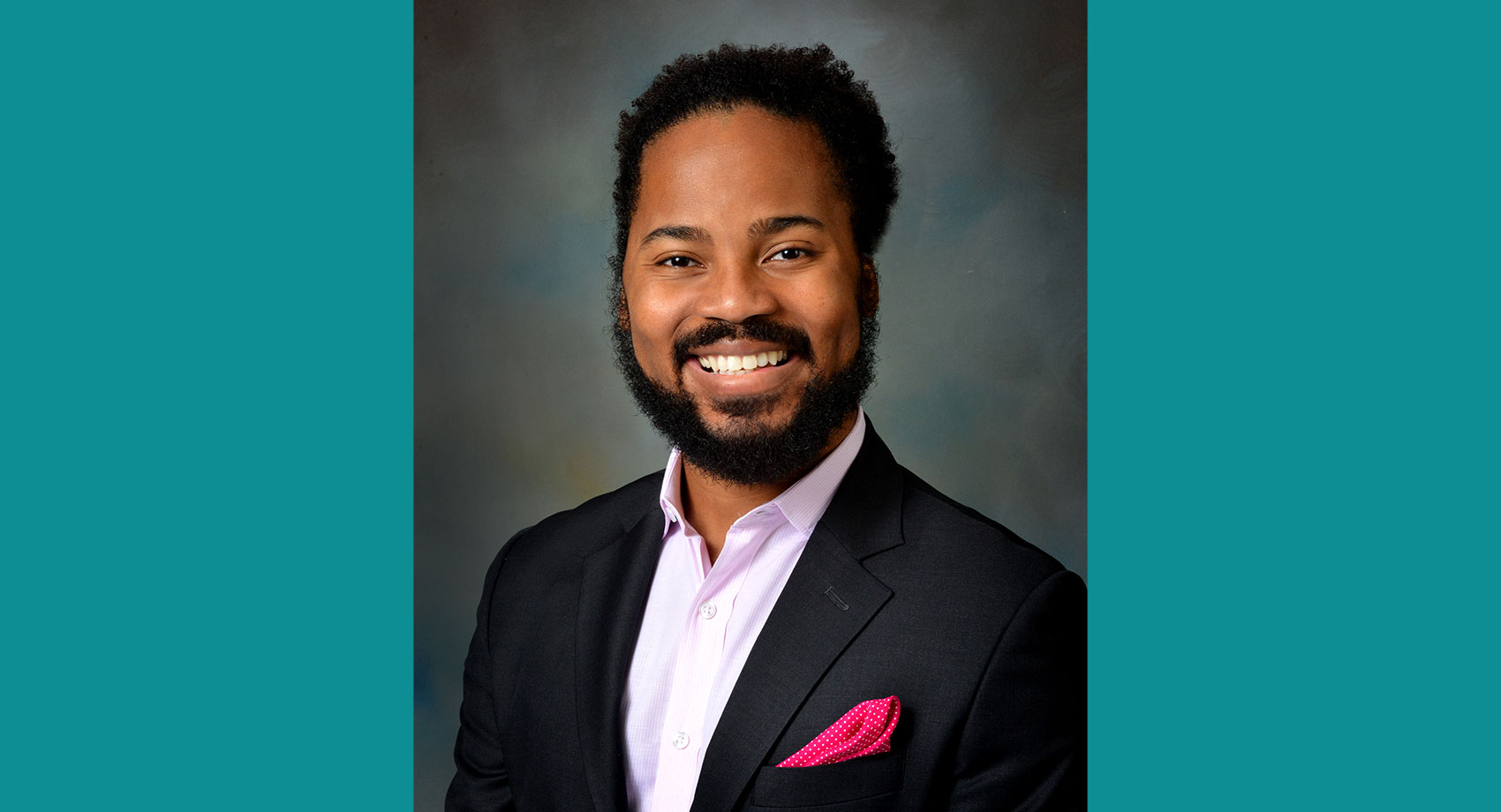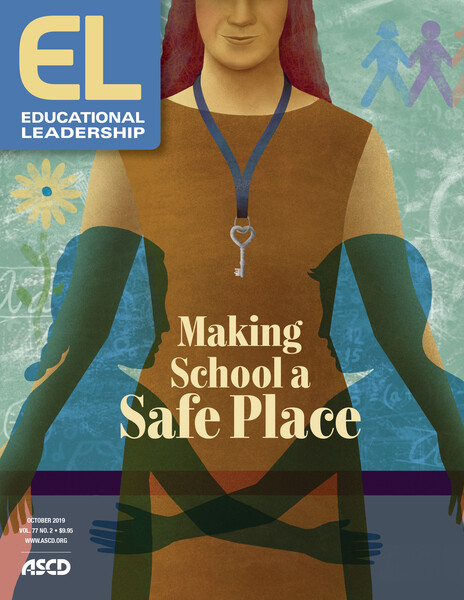Be yourself. Those two words guide the work of actor-turned-school counselor Brian Coleman. The 2019 National School Counselor of the Year, Coleman says a safe school environment is one in which all students and educators feel free to be themselves. In this interview, the school counseling chair at Jones College Prep High School, a public school in downtown Chicago, gives advice on how we can all show up authentically.
What does a safe school look like to you?
A safe school is a school in which students feel a sense of comfort in being who they are. In a safe school, there's a clear sense in the mission and vision, the language, the programming, the events that take place, that the school is inclusive and willing to embrace students as they are.
At Jones, our language communicates our willingness to accept and support the whole student. We have what we call "Grad at Grad" values. By the time they graduate, we expect all students to be on the road to becoming intellectually competent, socially skilled and mature, compassionate, well-rounded and holistic, and socially just and responsible.
You've done lot of work with LGBTQA+ students. How have you helped cultivate a sense of safety and belonging for these teens, in particular?
Early on in my time at Jones, students who weren't even on my caseload would come up to me and say, "You know what Mr. Coleman? Knowing you exist here as an out black gay man let me know there might be a place for me here, too. That I might be able to grow into the person I want to be. That I might be able to share authentically who I am in ways that I didn't think possible before." Those conversations and connections really drive why I do what I do.
What's been especially interesting with Jones Pride, the LGBTQA+ student organization that I oversee, is that I initially got involved thinking it would take on an intentional advocacy arm in the school. But what I really found is that the group functions more like a counseling group than it does a traditional student club. Affirmation, validation, and connection are at the core of what we do from week to week. The students who participate in the club are looking for that more than they are looking to create systemic change within the school environment. It's really about, I need to feel seen, heard, affirmed, and validated—and this is a group where I feel like I can be me.
How do you build trust with students in your day-to-day work?
Students aren't going to trust someone they don't know. They're not going to come to know someone that they don't see. It's very important that educators are visible and that students have a sense of who we are. I often talk with my students about how I'm a pro-wrestling fan, I like video games, I get nervous in social spaces, I sweat a lot, especially when I'm excited—these are things that I name early into the relationship. Because I want students to know it's OK to be different. It's OK to be afraid. It's OK to name the fact that I'm a stranger and you don't know me. Well great, I don't know y'all either. But we have this wonderful opportunity to build a relationship. For that to happen, though, I've got to model for you that I'm a real person.
Tell us about the #askacounselor movement at Jones Prep.
The #askacounselor movement is related to humanizing the counselor. We have a model at my school where counselors do multiple 90-minute lessons for each grade level, 9–12. We have our structured curriculum that we provide, but then we give time at the end for an anonymous Q&A. We literally have students take out a scratch sheet of paper and ask whatever question they have. It can be about the curriculum that we just covered, it can be about school, it can be about life, it can be about the counselor. Whatever it is, we want to make sure that in the time we have together, whatever burning questions are on a student's heart and spirit get addressed. Because what is important to them is important to us.
What's one thing educators can do to help their students feel safe?
Listen. Listen to students and allow them to tell their stories in their own words.
Also, be willing to name what you don't know and that you are capable of making mistakes. It can be very difficult to feel safe with someone that you can't trust and that you can't relate to, you can't connect with. Being honest about what you know and what you don't can go a long way toward students realizing, Yeah, you're a real person, you get some things, you don't get some things, I can connect to that. The more they come to connect with and trust you, the safer they will feel.
Editor's Note: This interview has been edited for space.







